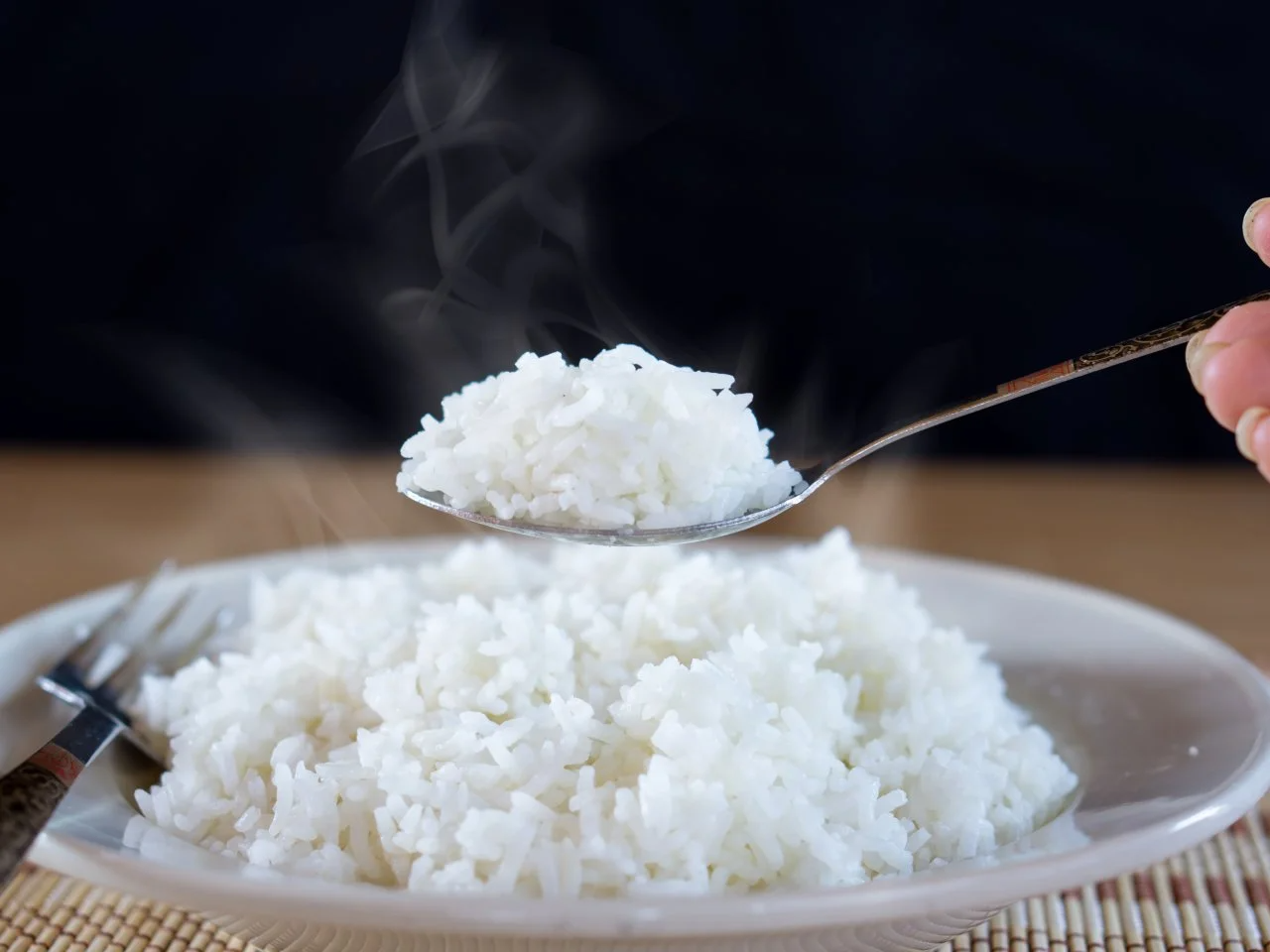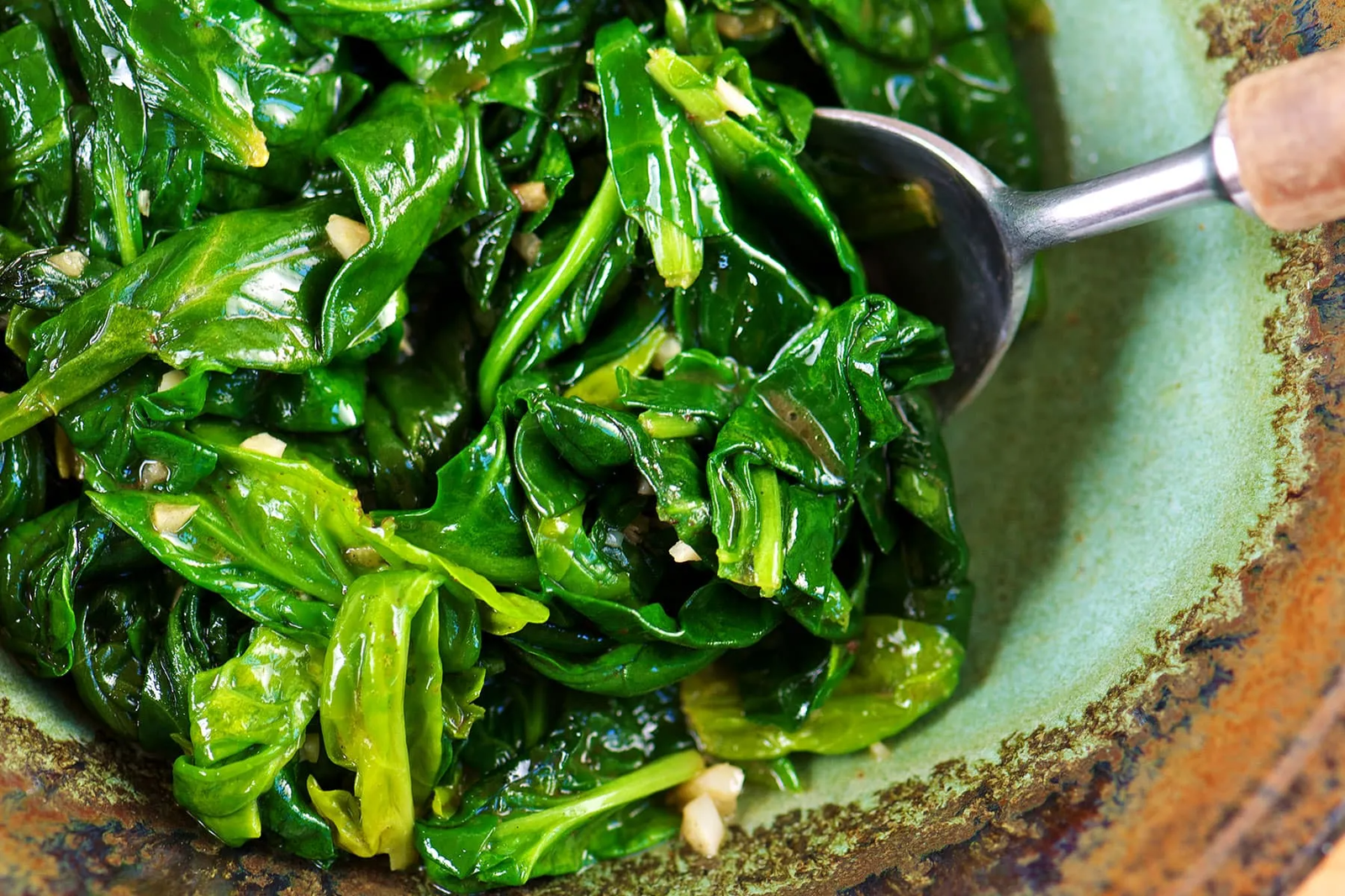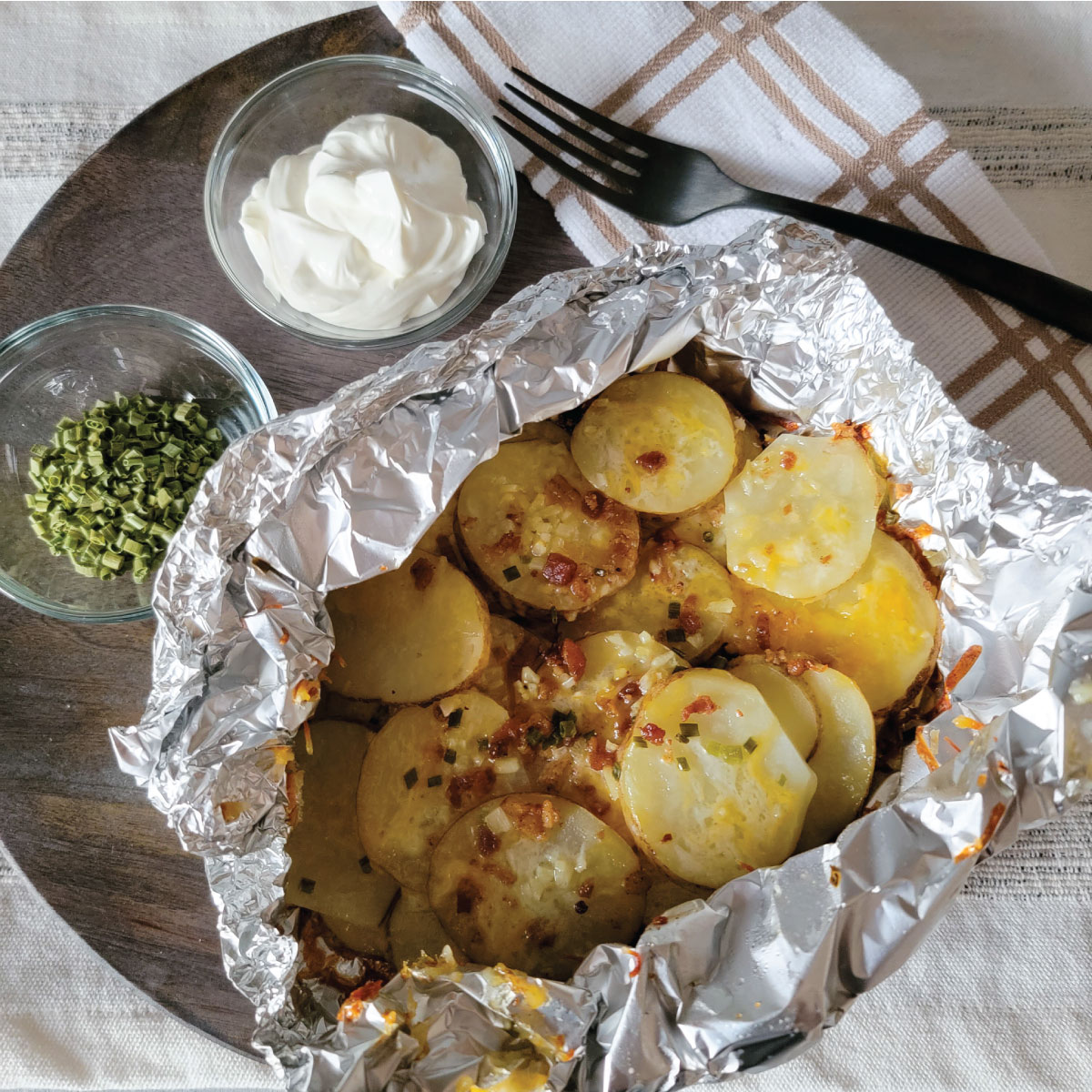We’ve all done it—finished dinner, boxed up the leftovers, and tossed them in the fridge, thinking they’ll be fine tomorrow. But not all foods are created equal when it comes to overnight storage. In fact, keeping certain foods overnight can pose serious health risks due to bacterial growth, chemical changes, or nutrient loss.
Here are 5 foods you should never keep overnight—and the reasons might surprise you.
1. Rice

Why It’s Dangerous:
Cooked rice seems harmless, but it’s a perfect breeding ground for Bacillus cereus, a bacteria that survives even after boiling. If rice is left out at room temperature for too long—even just a few hours—it can produce toxins that lead to food poisoning.
Safe Tip:
If you must store rice, cool it within an hour of cooking and refrigerate it in a shallow container. Even then, consume it within 24 hours and reheat thoroughly.
2. Egg Dishes (Especially Scrambled or Boiled Eggs)

Why It’s Dangerous:
Eggs are highly perishable and can host Salmonella bacteria if not handled properly. Leaving egg dishes at room temperature or improperly reheating them can allow bacteria to multiply rapidly.
Safe Tip:
Avoid keeping dishes like scrambled eggs, egg salad, or deviled eggs overnight. If stored, keep them below 40°F (4°C) and consume within a day.
3. Leafy Greens (Once Dressed or Cooked)

Why It’s Dangerous:
Spinach, kale, and lettuce can lose their nutrients quickly after cooking. More importantly, nitrate-rich vegetables like spinach can convert to nitrites and nitrosamines, which may be harmful.
Safe Tip:
If you’ve cooked leafy greens, eat them fresh. Avoid reheating them. If they must be stored, skip the reheating and consume them cold in a salad.
4. Mushrooms

Why It’s Dangerous:
Mushrooms contain proteins and amino acids that deteriorate quickly. When cooked and left overnight, they can attract harmful bacteria. Reheating mushrooms can also alter their chemical composition.
Safe Tip:
Eat mushroom dishes the same day they’re prepared. If you must keep them, refrigerate immediately and avoid reheating—consume them cold or toss them.
5. Potatoes (Especially When Foil-Wrapped)

Why It’s Dangerous:
Baked potatoes wrapped in foil create an oxygen-free environment, ideal for the growth of Clostridium botulinum, the bacteria responsible for botulism.
Safe Tip:
Never leave baked or boiled potatoes at room temperature. Remove foil, let them cool, and refrigerate quickly. Avoid reheating more than once.
Final Thoughts

It’s easy to assume that refrigeration makes all food safe to store, but the truth is more nuanced. Some foods carry hidden risks when kept overnight due to bacterial growth, toxin production, or chemical changes. Prioritize safe storage, quick cooling, and limited reheating to protect your health and that of your loved ones.
When in doubt, remember the golden rule: If it smells off or looks strange, don’t risk it—just toss it.


